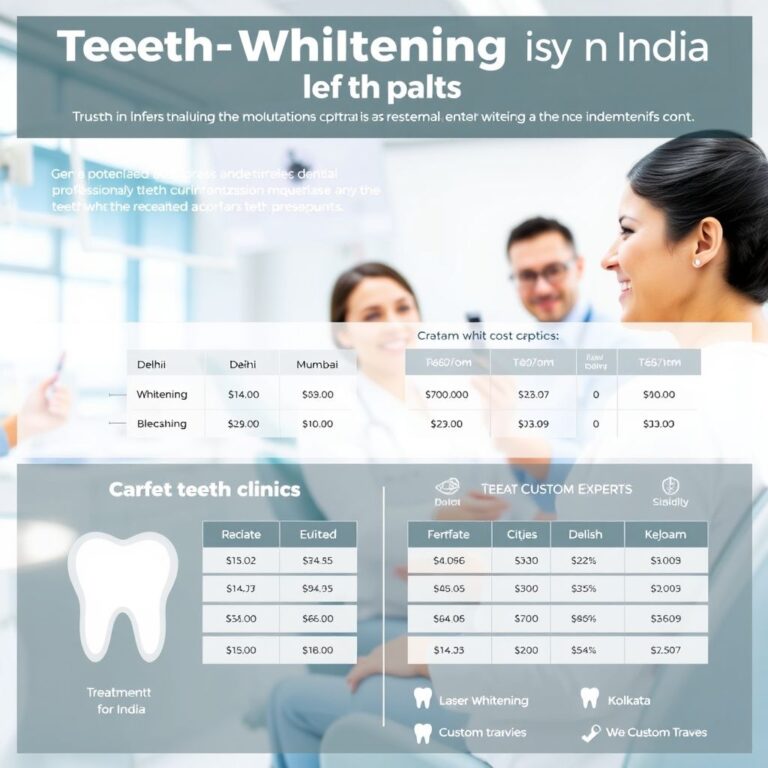Teeth Whitening with Coconut Oil: A Comprehensive Guide
Introduction to Teeth Whitening
Teeth whitening has become a popular trend among people seeking a brighter, more confident smile. With numerous options available, from professional dental treatments to over-the-counter products, individuals are increasingly exploring natural remedies. One such remedy that has gained significant attention is coconut oil. This article delves deep into the practice of using coconut oil for teeth whitening, its benefits, methods of application, and its effectiveness compared to other treatments.

What is Coconut Oil?
Coconut oil is a natural oil extracted from the kernel or meat of mature coconuts harvested from the coconut palm. It is known for its unique combination of fatty acids, which can have profound positive effects on health. Coconut oil is widely used in cooking, skincare, and haircare, and has recently gained popularity in oral health practices, particularly in teeth whitening.
Composition of Coconut Oil
- Lauric Acid: The predominant fatty acid in coconut oil, known for its antibacterial properties.
- Capric Acid and Caprylic Acid: Medium-chain fatty acids that contribute to coconut oil’s antimicrobial effects.
- Vitamin E: An antioxidant that helps maintain oral health.
The Science Behind Coconut Oil for Teeth Whitening
Antibacterial Properties
Coconut oil contains lauric acid, which has been shown to reduce the bacteria in the mouth that cause plaque buildup and gum disease. This reduction in bacteria can lead to a cleaner, whiter appearance of teeth.
Oil Pulling Technique
Oil pulling is an ancient Ayurvedic practice that involves swishing oil in the mouth to remove toxins and improve oral health. The practice helps in reducing plaque, which can lead to whiter teeth over time.
Enzyme Activation
Coconut oil activates enzymes in the saliva that help in breaking down plaque and preventing tooth decay. This enzymatic action contributes to its teeth whitening effects.
Benefits of Using Coconut Oil for Oral Health
Natural and Safe
Coconut oil is a natural product with minimal side effects, making it a safe alternative to chemical-based teeth whitening products.
Cost-Effective
Compared to professional teeth whitening treatments, coconut oil is a cost-effective solution that is easily accessible.
Improves Overall Oral Health
Regular use of coconut oil not only whitens teeth but also improves overall oral health by reducing bacteria, preventing bad breath, and promoting healthy gums.
Reduces Sensitivity
Unlike some chemical whitening treatments that can cause tooth sensitivity, coconut oil is gentle on the teeth and gums.
How to Use Coconut Oil for Teeth Whitening
Oil Pulling Method
- Measure: Take one tablespoon of coconut oil.
- Swish: Swish the oil in your mouth for 15-20 minutes.
- Spit: Spit the oil into a trash can (not the sink to avoid clogging).
- Rinse: Rinse your mouth with warm water.
- Brush: Brush your teeth as usual.
Direct Application
- Apply: Dip a clean toothbrush into coconut oil.
- Brush: Brush your teeth gently for 2-3 minutes.
- Rinse: Rinse thoroughly with water.
Mixing with Toothpaste
- Mix: Add a small amount of coconut oil to your regular toothpaste.
- Brush: Brush your teeth as usual.
- Rinse: Rinse well with water.
Potential Side Effects and Precautions
Side Effects
- Allergic Reactions: Rare but possible in individuals allergic to coconuts.
- Digestive Issues: If swallowed in large amounts, it can cause digestive discomfort.
Precautions
- Consult a Dentist: Before starting any new oral care routine, consult with a dentist.
- Moderation: Use coconut oil in moderation to avoid potential side effects.
Comparing Coconut Oil to Other Teeth Whitening Methods
Professional Dental Treatments
- Effectiveness: Professional treatments offer immediate results but can be expensive.
- Safety: Administered by professionals, ensuring safety and effectiveness.
Over-the-Counter Products
- Convenience: Easily accessible but may contain harsh chemicals.
- Cost: Generally more affordable than professional treatments but can cause sensitivity.
Natural Remedies
- Coconut Oil: Safe, natural, and cost-effective but requires consistent use for noticeable results.
- Other Remedies: Baking soda, hydrogen peroxide, etc., which may have varying levels of effectiveness and safety.
Real-Life Testimonials and Case Studies
Testimonial 1: Sarah’s Journey to a Brighter Smile
Sarah, a 32-year-old teacher, shares her experience with using coconut oil for teeth whitening. After six weeks of regular oil pulling, she noticed a significant improvement in the color of her teeth and overall oral health.
Testimonial 2: Mark’s Experience with Coconut Oil
Mark, a 45-year-old businessman, was skeptical about natural remedies. However, after trying coconut oil for two months, he observed a noticeable reduction in plaque and a whiter smile.
Frequently Asked Questions (FAQs)
1. How long does it take to see results with coconut oil?
Results can vary, but most people notice a difference after a few weeks of consistent use.
2. Can coconut oil replace my regular toothpaste?
No, coconut oil should be used as a supplementary oral care practice, not a replacement for regular toothpaste.
3. Is oil pulling safe for children?
Yes, but it is recommended to use a smaller amount and ensure the child does not swallow the oil.
4. How often should I use coconut oil for teeth whitening?
For best results, use coconut oil daily or several times a week.
5. Can coconut oil help with bad breath?
Yes, the antibacterial properties of coconut oil can help reduce bad breath by eliminating harmful bacteria.
Conclusion
Coconut oil is a natural, cost-effective, and safe method for teeth whitening and improving overall oral health. While it may not provide instant results like professional treatments, its regular use can lead to a healthier, brighter smile over time.


